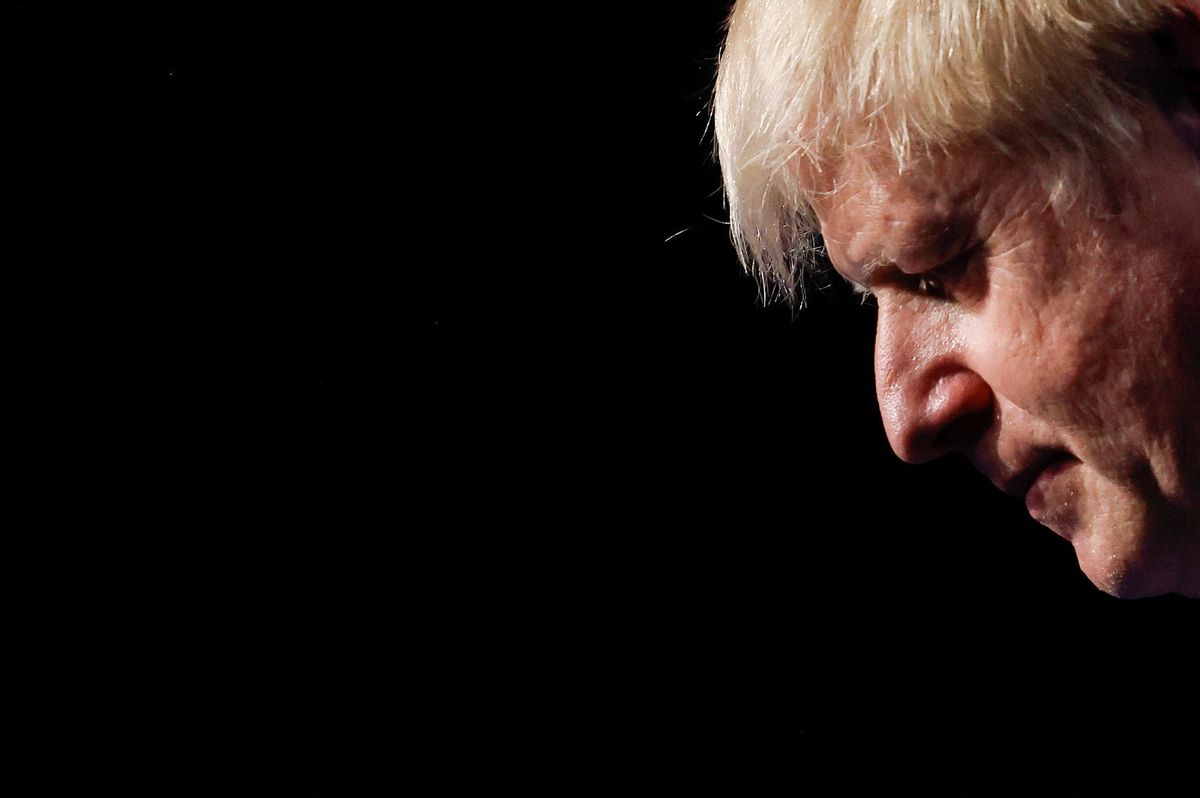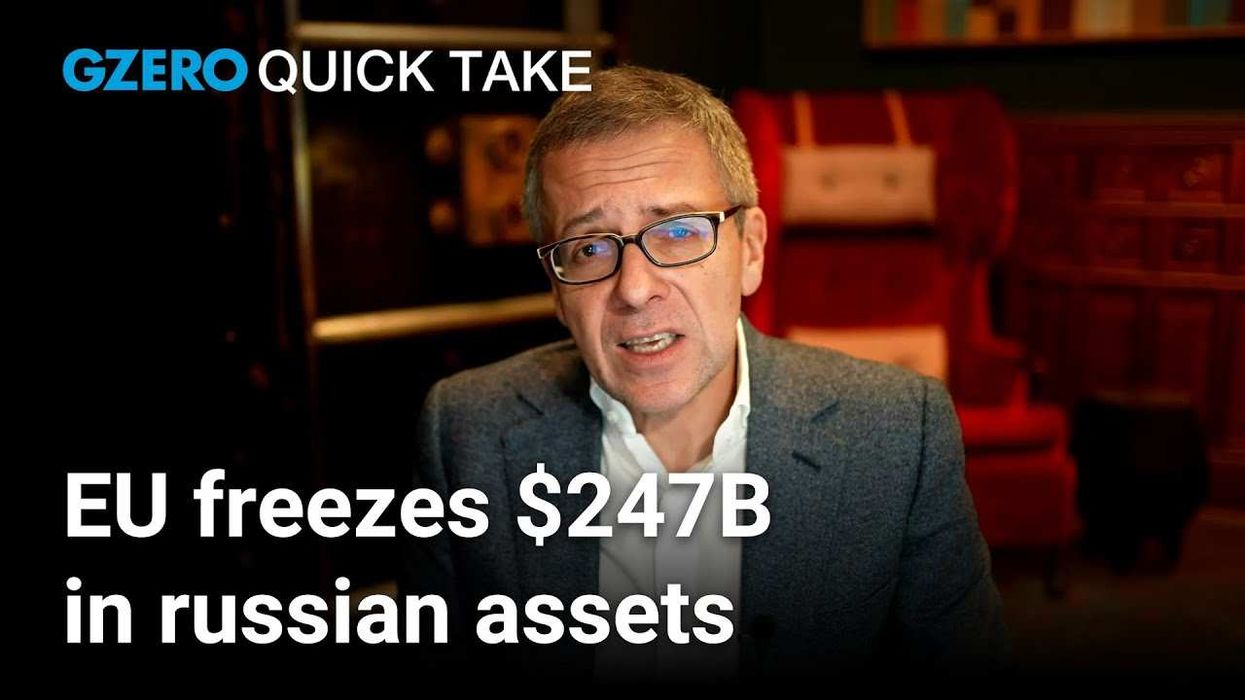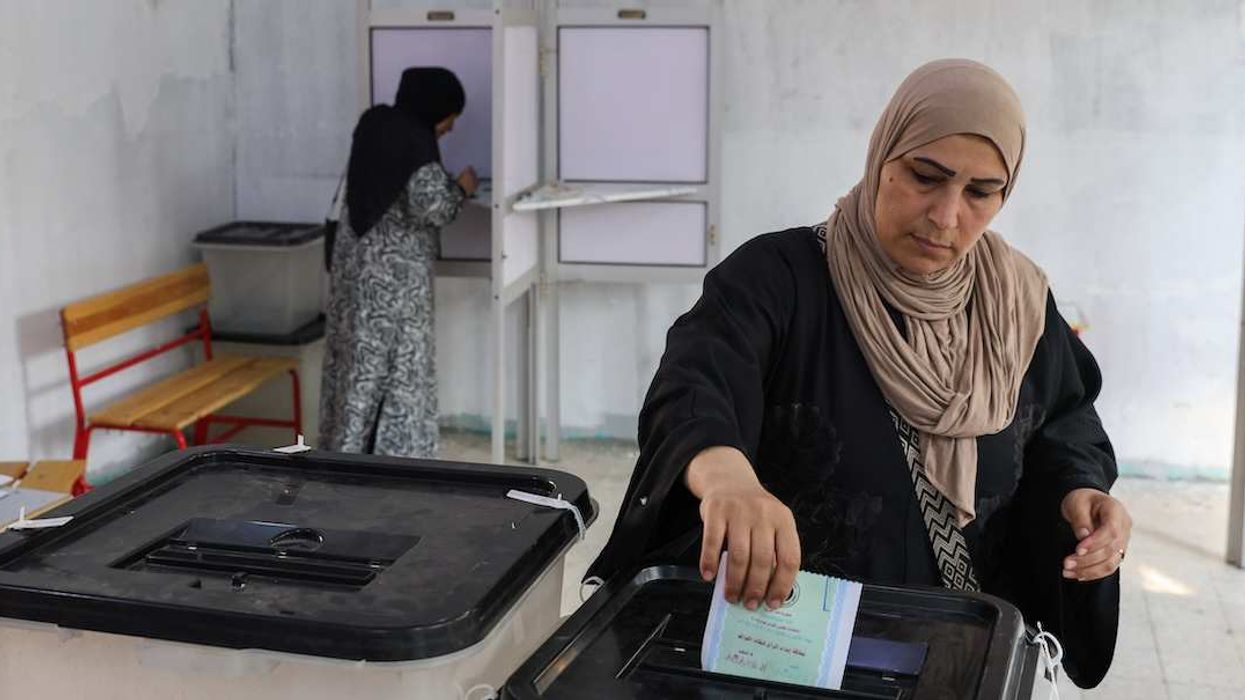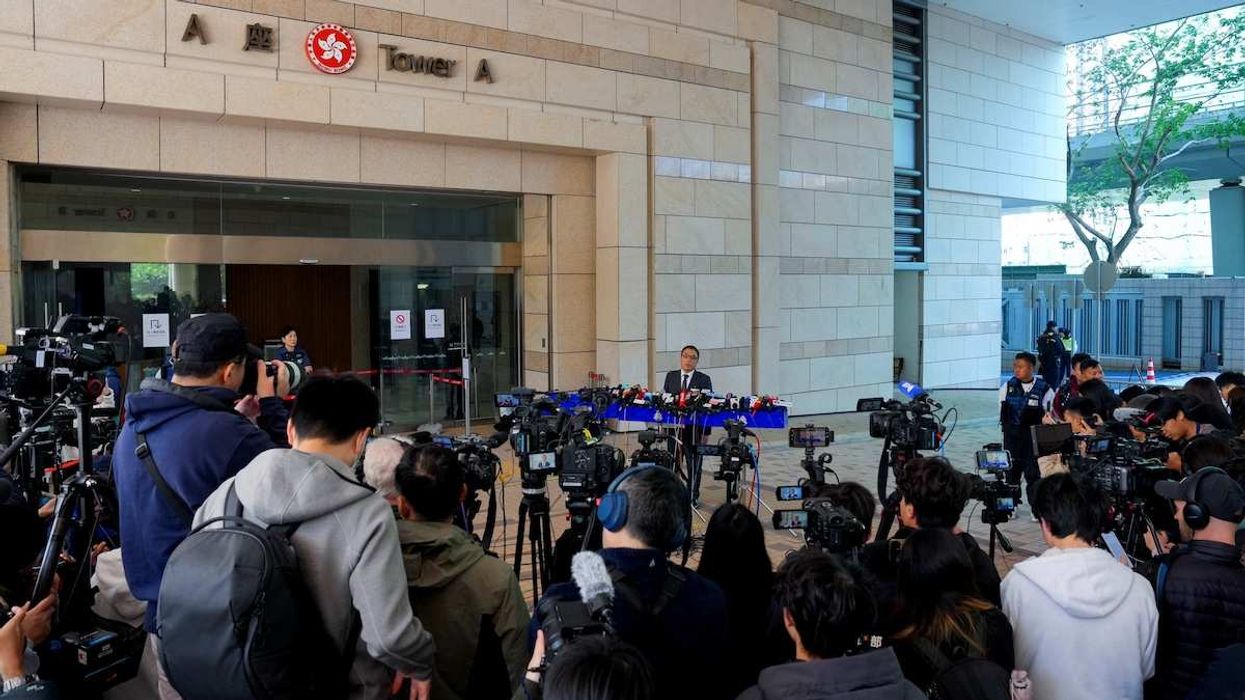Britain’s bombshell resignations
The hits keep coming for the scandal-plagued administration of UK Prime Minister Boris Johnson. On Tuesday, Chancellor Rishi Sunak and Health Secretary Sajid Javid, both of them heavyweights in the Conservative Party, quit Johnson's government. The trigger came in the wake of MP Chris Pincher’s resignation last week. Pincher stepped down amid new allegations of sexual misconduct. But the party controversy has erupted over the PM’s decision to appoint Pincher as deputy chief whip in the first place. He denied being aware of earlier sexual misconduct allegations against Pincher. Those stemmed from Johnson’s tenure as foreign secretary, when Pincher served under him. The PM was forced to acknowledge this week that he had been briefed on the matter. On Tuesday, Johnson admitted that appointing Pincher had been a mistake. Johnson survived an embarrassing vote of no confidence on June 6 following revelations that he participated in social gatherings that violated COVID lockdown rules and failed to come clean with parliament. But the Pincher scandal and these bombshell resignations now have Johnson’s political career on life support.
Marcos 2.0’s China puzzle
Less than a week after being sworn in as president of the Philippines, Ferdinand Marcos Jr. faces his thorniest foreign-policy issue: China. Chinese Foreign Minister Wang Yi dropped by Manila this week to meet with his newly minted counterpart Enrique Manalo, and so far Marcos is rolling out the red carpet. The Philippine leader said on Tuesday that he's open to boosting military cooperation with Beijing as a way to resolve the countries' dispute over maritime sovereignty in the South China Sea. What that actually means is unclear, but Marcos is trying to carve out his own sweet spot between his China-loving predecessor, Rodrigo Duterte, and the prior pro-US administration, which six years ago won an international lawsuit against China over the South China Sea. The stakes are high for the new Philippine president, who must walk a a tightrope to avoid antagonizing both Beijing and Washington (Manila maintains strong defense ties with the latter). What's more, he knows that a majority of Filipinos prefer the US to China, so he’ll have to play both sides to unify a country still divided over the legacy of his dad, the late dictator.
Chileans to vote on new constitution
After a year-long review process, Chile’s 154-member Constitutional Assembly presented a draft new charter to President Gabriel Boric on Monday. Chileans will have two months to review the text before having their say in a referendum scheduled for Sept. 4. In late 2020, Chileans voted overwhelmingly to ditch the current Pinochet-era constitution in a referendum that the government organized in response to mass protests over rising inequality. A year later, Chileans picked a majority of left-leaning and independent candidates to write the draft. The revamped charter focuses on social welfare and the environment instead of economic stability, recognizes the rights of the Indigenous population, and aims to restructure the national healthcare system in one of Latin America's wealthiest yet also most unequal nations. Will it pass Chilean voters' smell test? According to a recent poll, those in favor and against are neck-and-neck, with more than one-third still undecided. Perhaps one of the reasons is the battered Boric, whose approval rating has plummeted since his December 2021 election due to some rookie missteps and the immense challenge of getting anything done in deeply polarized Chile.


















